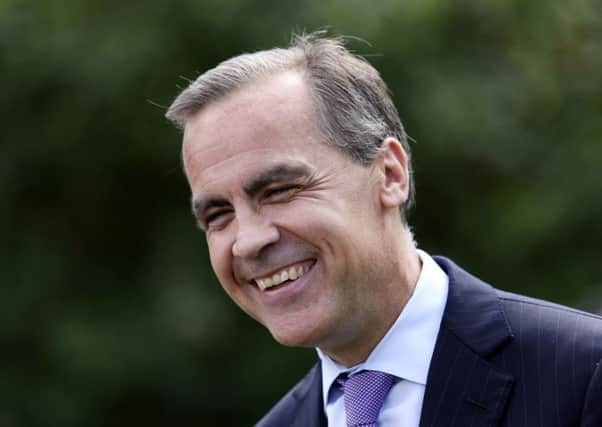Firms taking '˜business as usual' post-Brexit stance amid doubts


Its regional agents, who are in regular contact with companies across the UK, said firms were trying to maintain “business as usual” after many failed to draw up plans for a British exit from the European Union.
The central bank added that a third of contacts predicted that employment and investment would come under pressure within the year, but expected little impact in the short term.
Advertisement
Hide AdAdvertisement
Hide AdThe update comes after the bank held back from cutting interest rates from 0.5 per cent this month, where they have remained since March 2009, but signalled that a rate cut could come in August.
Investors and economists were taken by surprise, having expected it to cut rates to 0.25 per cent after governor Mark Carney said in June that action would be taken over the summer.
In its agents’ summary, the bank said its agents had “increased the intensity of their intelligence gathering” since Britain voted to leave the EU, and for many businesses the result had come as a shock.
However, it added that there was “no clear evidence of a sharp general slowing in activity” since the vote.
It also pointed to signs of economic disruption following Britain’s vote to leave the EU, with some reports of “planned foreign direct inward investment being postponed”.
Additionally, it said some international firms expected their European operations to receive a greater share of future investment than those in the UK.
But while most companies did not expect capital spending to be hit in the short term, the bank found that some planned mergers and acquisitions had been put on ice or cancelled, and housebuilding firms were becoming “cautious in their approach” to buying land.
The report follows a gloomy forecast for the UK economy from the International Monetary Fund, which sharply downgraded its forecast for the UK in 2016 by 0.2 percentage points to 1.7 per cent and then by 0.9 percentage points to 1.3 per cent in 2017 after its decision to leave the EU.
Advertisement
Hide AdAdvertisement
Hide AdThe central bank noted “little evidence” of an impact on consumer spending since the referendum result, but added that “consumer confidence and spending were thought to be vulnerable to a weakening of disposable incomes”.